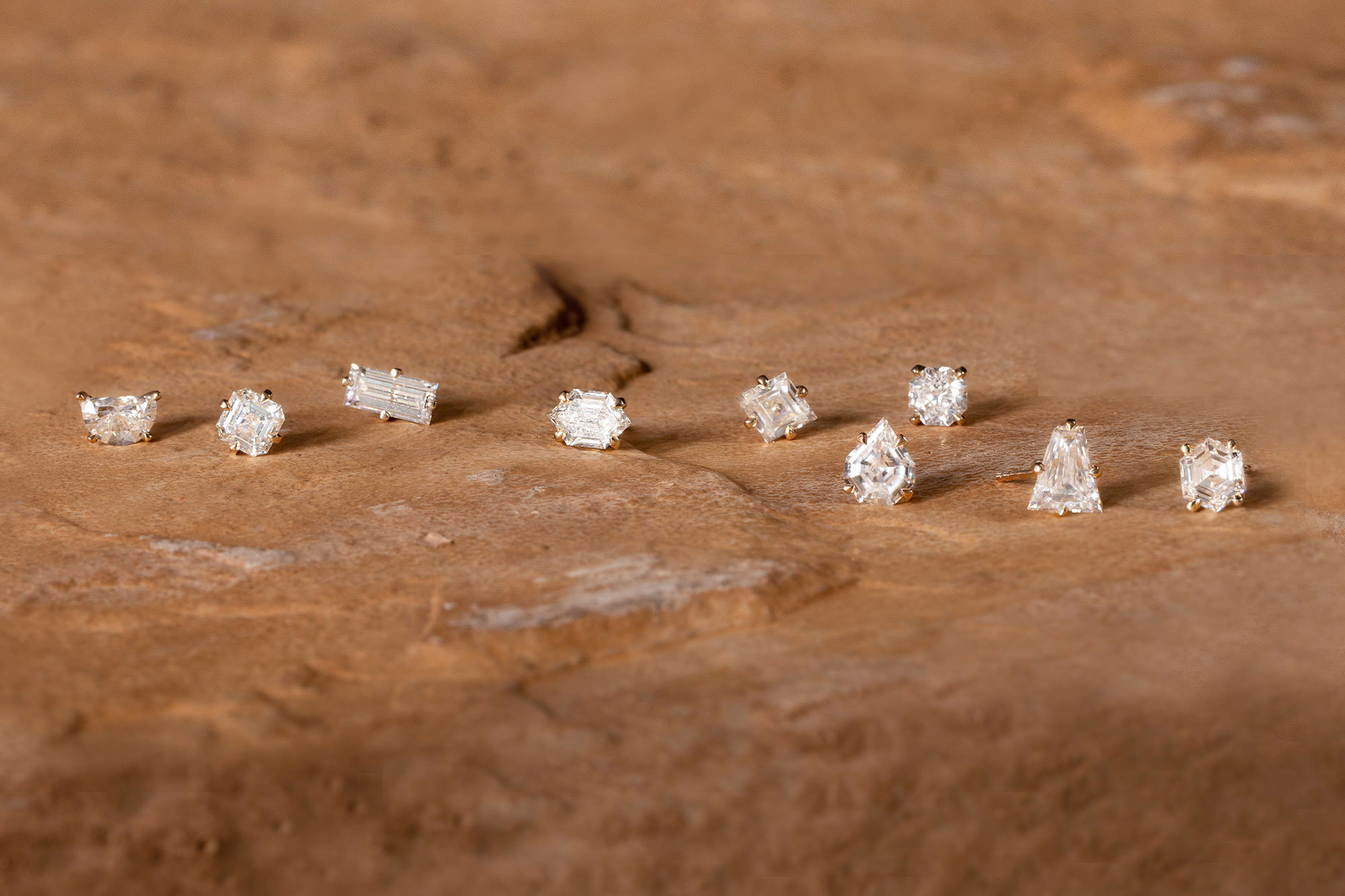GIA vs IGI: Understanding the Key Differences Between Two Leading Gemological Institutions

When it comes to purchasing diamonds or other precious gemstones, buyers often encounter various certification options. Two of the most recognized gemological laboratories in the world are the GIA vs IGI. While both organizations provide gemstone grading and certification services, there are notable differences between them that can influence a buyer’s decision.
What is the GIA?
The Gemological Institute of America (GIA) is a nonprofit organization founded in 1931 in the United States. It is widely regarded as the gold standard for diamond grading and gemstone certification. The GIA developed the 4Cs of Diamond Grading (Cut, Color, Clarity, and Carat weight), which is the universally accepted method for evaluating diamonds. The GIA is known for its stringent and transparent grading process, making it one of the most respected institutions in the industry.
GIA certificates are considered highly reliable and are often preferred by consumers who prioritize accuracy and integrity in diamond evaluations.
What is the IGI?
The International Gemological Institute (IGI), established in 1975, is an internationally recognized gemological laboratory headquartered in Antwerp, Belgium. IGI is known for its focus on providing services to both the retail and wholesale sectors of the jewelry market. While IGI is respected, its certificates are sometimes considered less stringent than GIA’s, particularly in terms of grading consistency and practices.
IGI’s certifications cover a range of gemstones, including diamonds, colored gemstones, lab created diamonds, and pearls. IGI also offers services like jewelry appraisals and customized reports.
Key Differences Between GIA and IGI
- Grading Standards and Accuracy
- GIA: The GIA is renowned for its consistency and stringent grading standards. It is seen as the most impartial and reliable source for diamond grading, especially because it is independent and nonprofit. GIA certificates are often considered the most accurate and comprehensive, especially in terms of evaluating cut quality.
- IGI: While IGI also follows established standards for grading diamonds, some experts claim that its grading can sometimes be slightly more lenient compared to GIA. This can vary by location and specific laboratory, but in general, IGI’s grading has been perceived as less rigorous than GIA’s, particularly for diamonds with lower clarity and color grades.
- Global Reputation
- GIA: The GIA has built a global reputation over its more than 90 years of operation. Its certificates are highly trusted in the global diamond industry and are often considered essential for high-value diamonds, making them a top choice for serious investors and collectors.
- IGI: IGI is also internationally recognized, but its reputation tends to be slightly more prominent in certain markets, particularly in Asia and Europe. While it is still a credible institution, it doesn’t enjoy the same universal prestige that GIA commands, particularly among high-end consumers.
- Focus and Services
- GIA: GIA specializes mainly in diamonds, offering detailed certifications that include information on the diamond’s cut quality, proportions, and light performance. The GIA also has a rigorous process for grading other gemstones, but its primary focus is on diamonds.
- IGI: IGI provides a broader range of gemological services, including diamond and gemstone grading, as well as certifications for various types of jewelry. IGI’s reports include detailed descriptions of the gem’s characteristics, but it’s considered to have a more retail-oriented approach.
- Report Details
- GIA: GIA’s reports are known for their detailed and highly specific descriptions of a gemstone’s characteristics. Their certificates often include more precise measurements, particularly for the cut of diamonds, and provide detailed charts for color and clarity grading. This makes GIA reports ideal for those seeking in-depth analysis.
- IGI: IGI’s certificates are generally more straightforward and can sometimes be less detailed compared to GIA’s. Although they still include key factors like cut, color, clarity, and carat weight, IGI reports may not go into the same depth as GIA’s.
- Market Perception
- GIA: GIA-certified diamonds are often considered the benchmark in the market. Many jewelers and buyers place the highest value on diamonds with GIA certificates, especially for high-quality stones. The GIA is often seen as a symbol of trust and accuracy.
- IGI: While IGI certificates are accepted by many in the industry, they may not always command the same level of respect as GIA certificates, especially when it comes to high-value diamonds. Some buyers may view IGI’s grading as less reliable, but the institution is still highly regarded within specific markets.
- Cost of Certification
- GIA: Due to its reputation and rigorous grading process, GIA certification tends to be more expensive. The cost can vary depending on the type of gem and the grading service required, but it is generally more costly than IGI certification.
- IGI: IGI certification is often more affordable than GIA’s, making it an appealing option for retailers and buyers looking for a less expensive certification option.
Which Certification is Better for You?
The choice between GIA and IGI certification depends largely on your preferences and priorities as a buyer:
- If you are seeking the highest level of precision, transparency, and global recognition, particularly for high-value diamonds, GIA is likely your best option. It offers the most detailed and trusted reports, which are essential for discerning buyers and investors.
- If you are looking for a more affordable option or purchasing a gemstone for everyday wear, IGI might be more suitable. It offers solid certification with a less stringent grading system, which may appeal to certain buyers, especially those purchasing jewelry at a more accessible price point.
In conclusion, both GIA and IGI are reputable institutions, but they serve slightly different market segments. GIA remains the leader for those seeking the highest level of quality assurance, while IGI is a strong contender in the marketplace, offering good value and reliable service for those who prioritize cost-efficiency. Regardless of which you choose, ensuring that your gemstone has been certified by a reputable lab is the key to making a sound investment.






